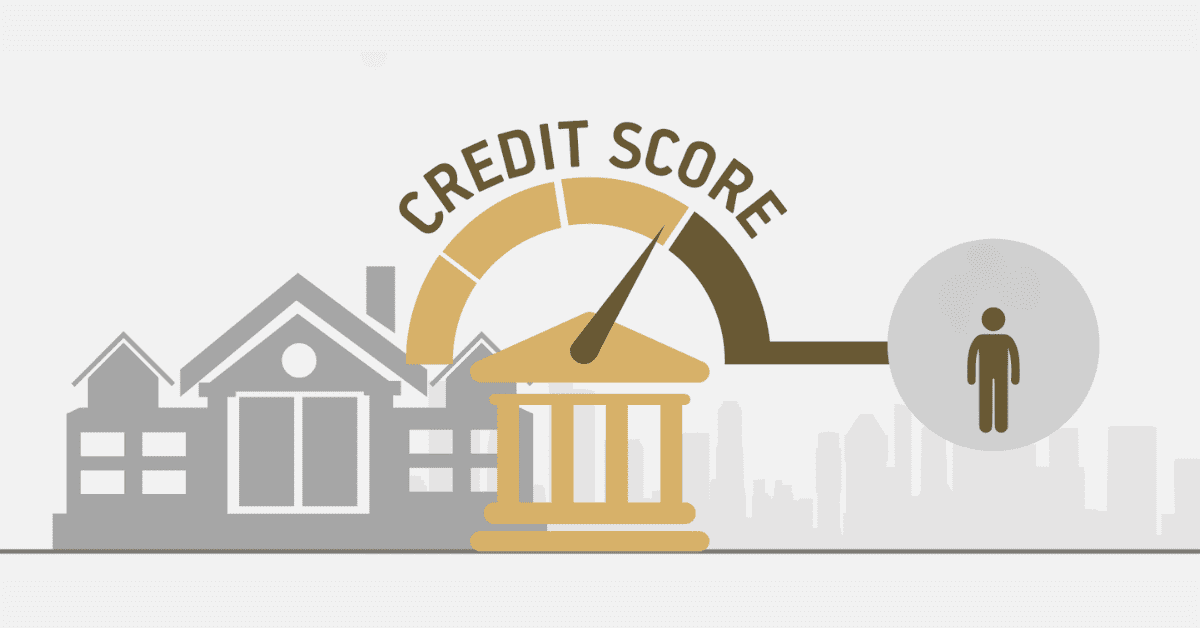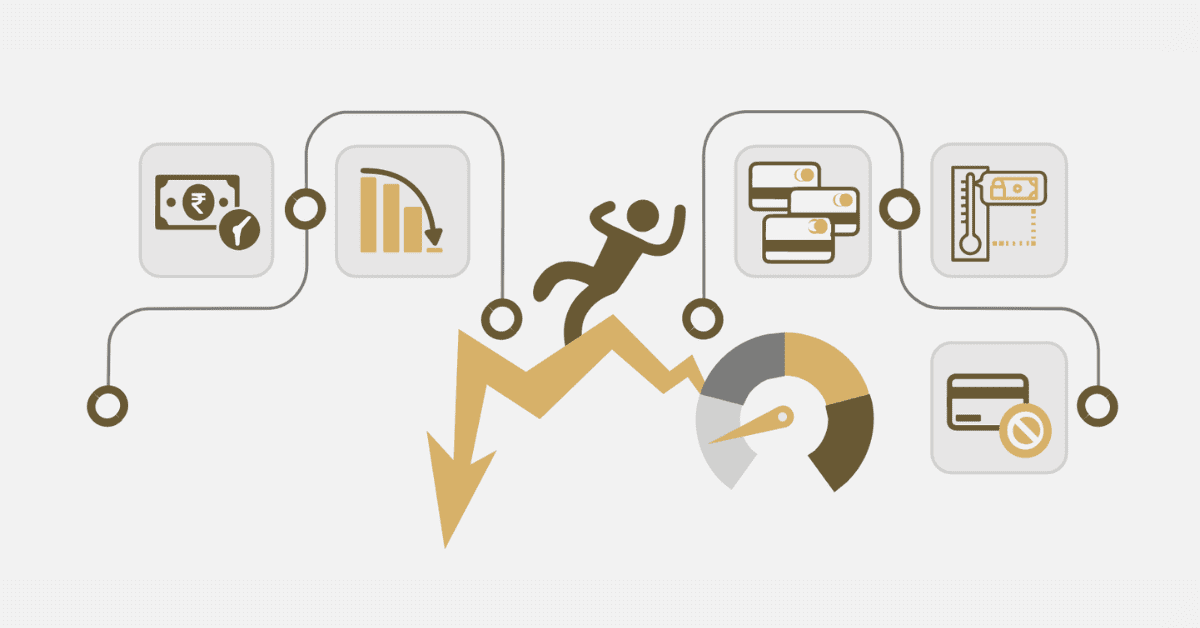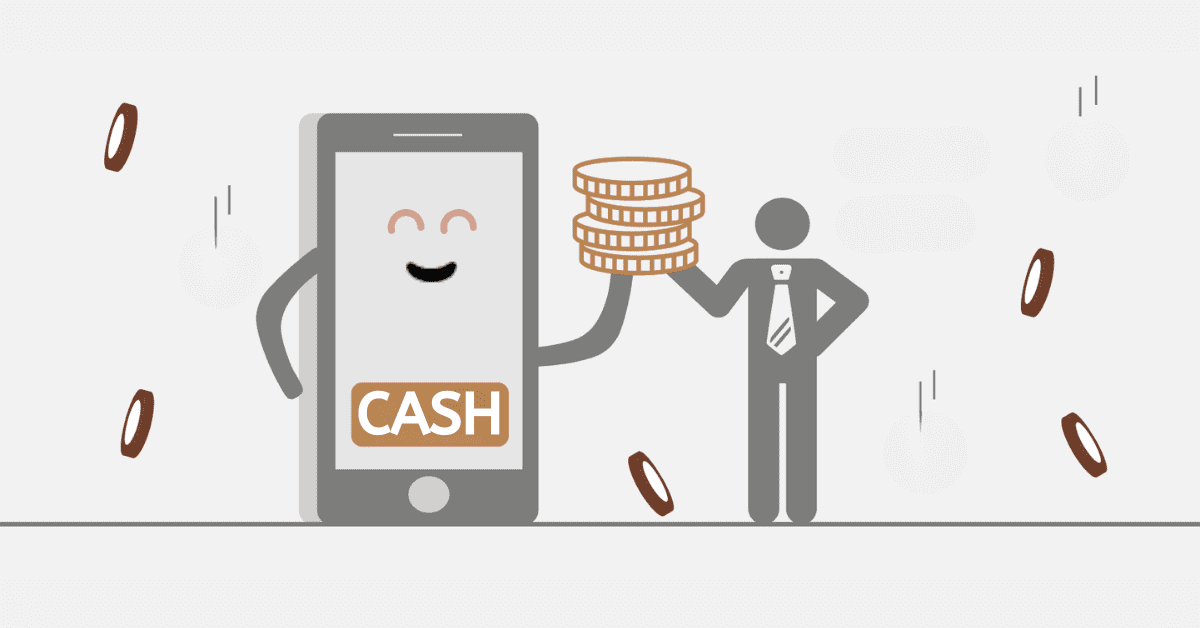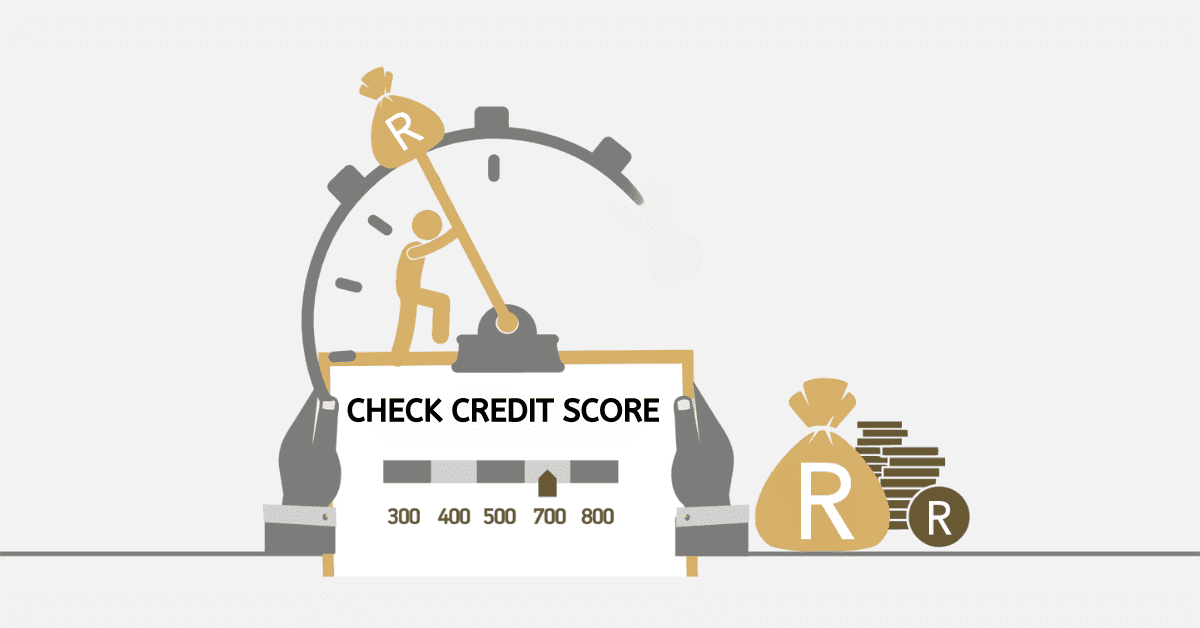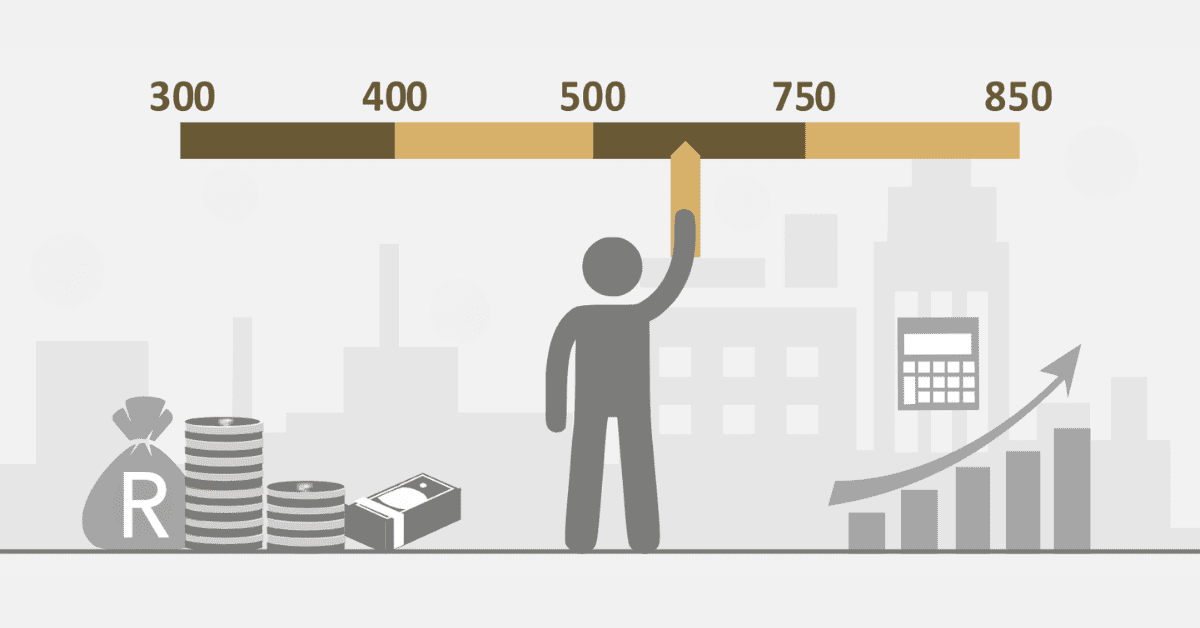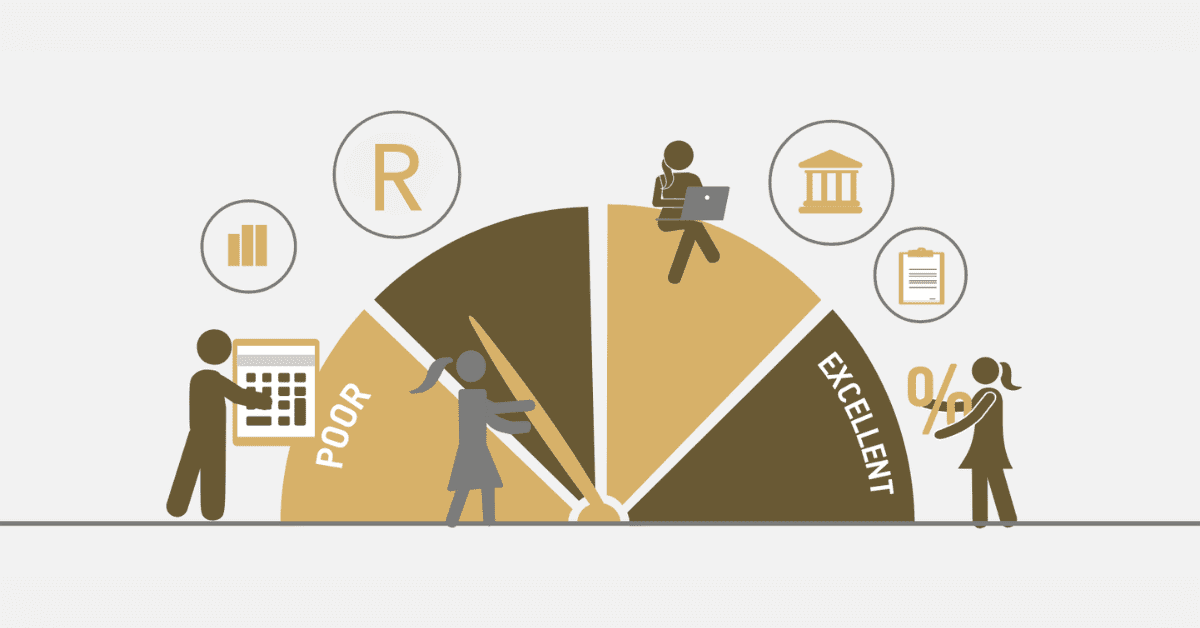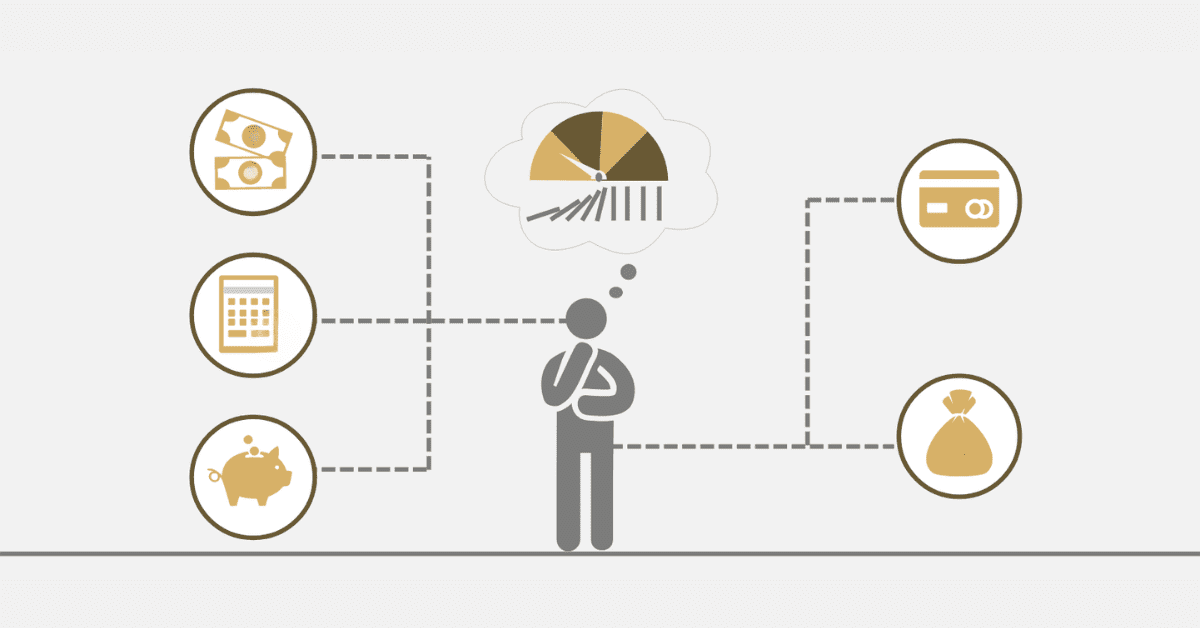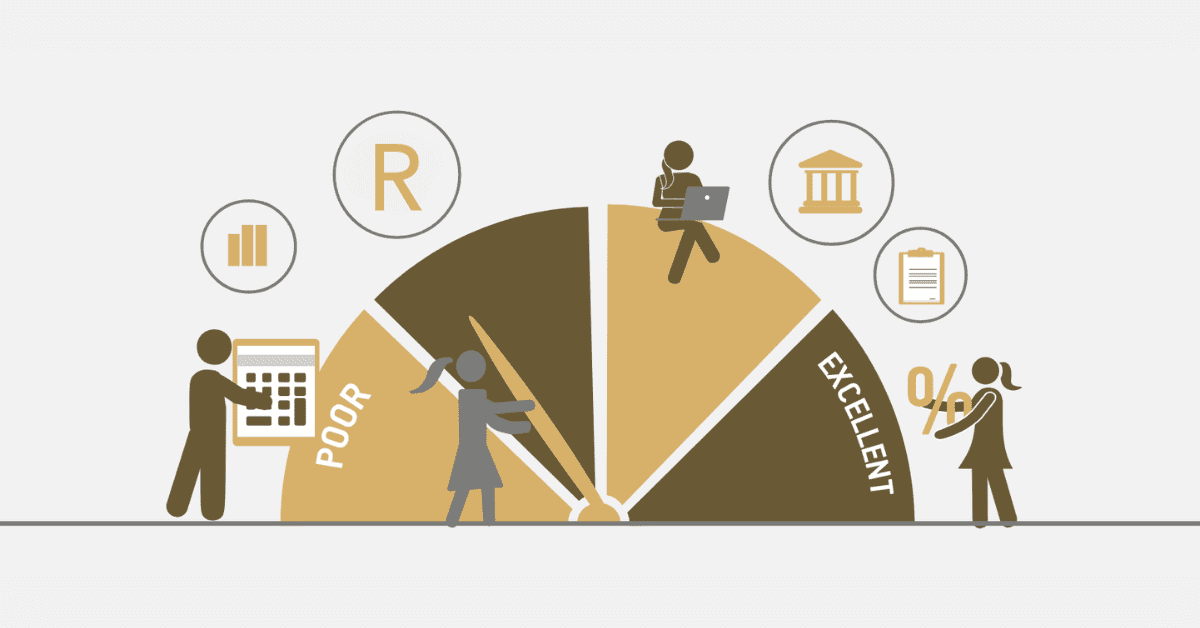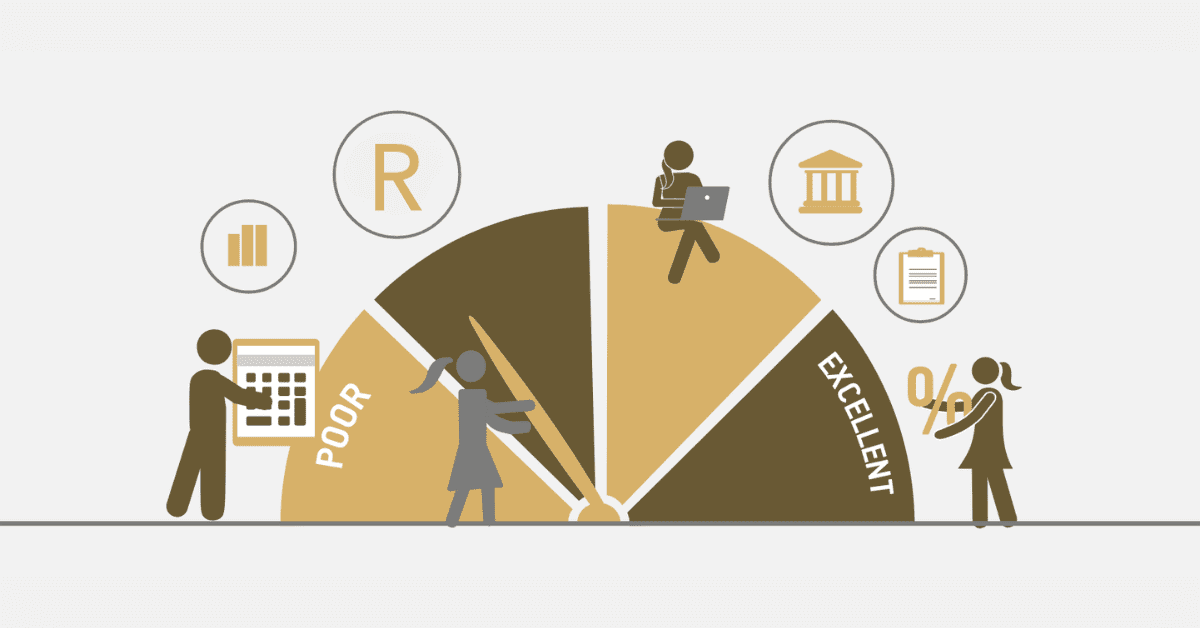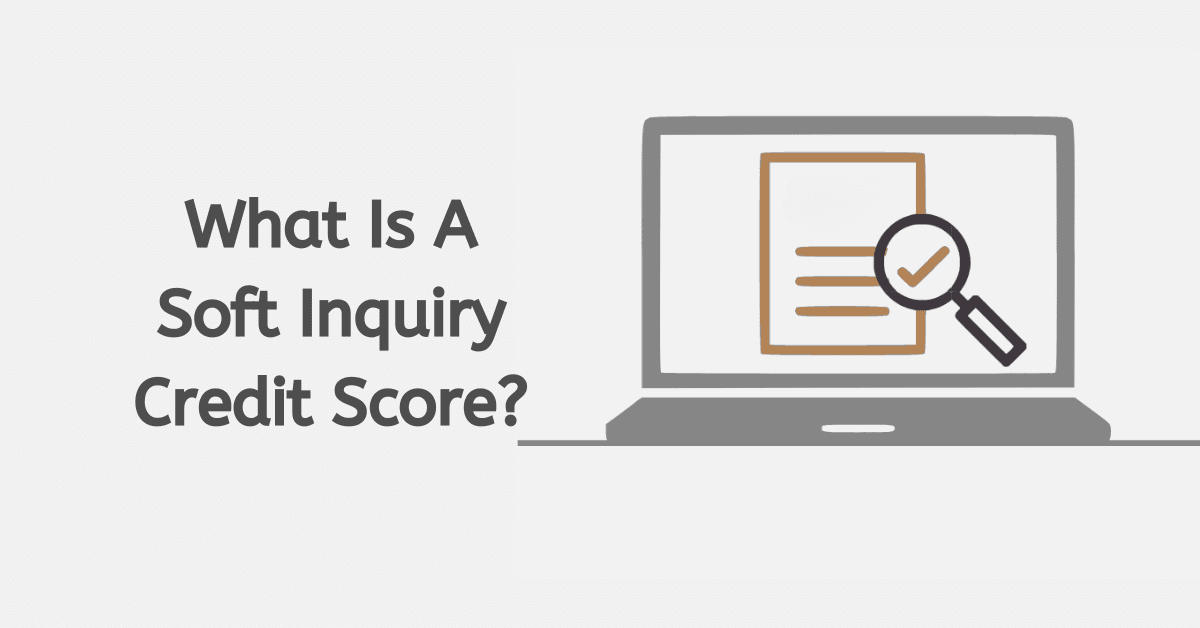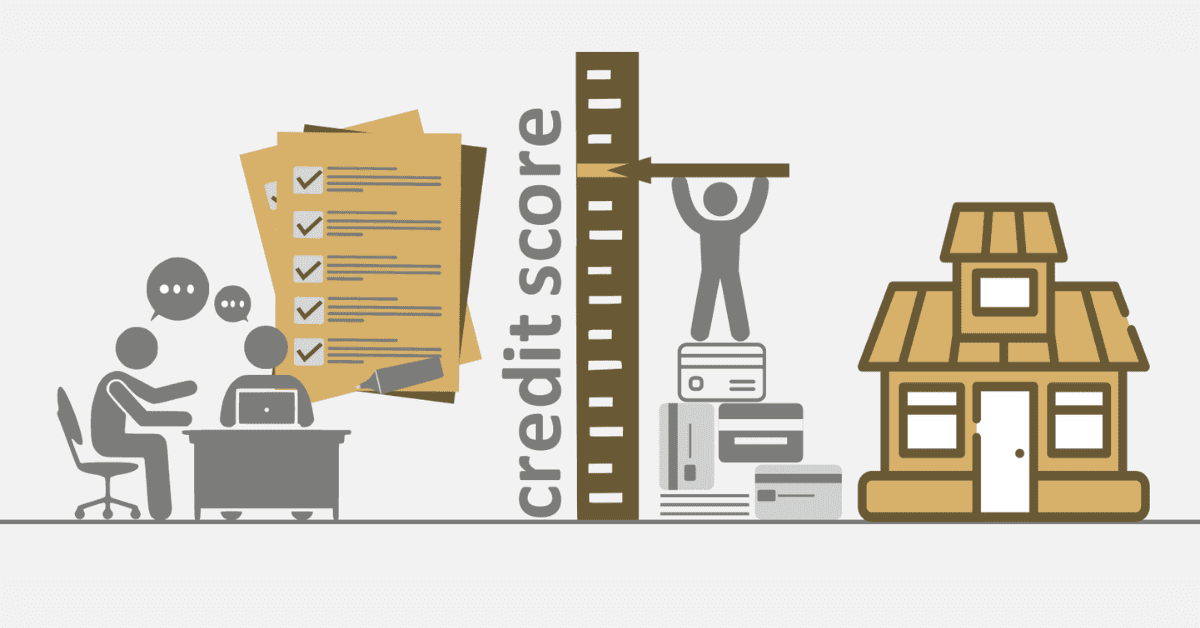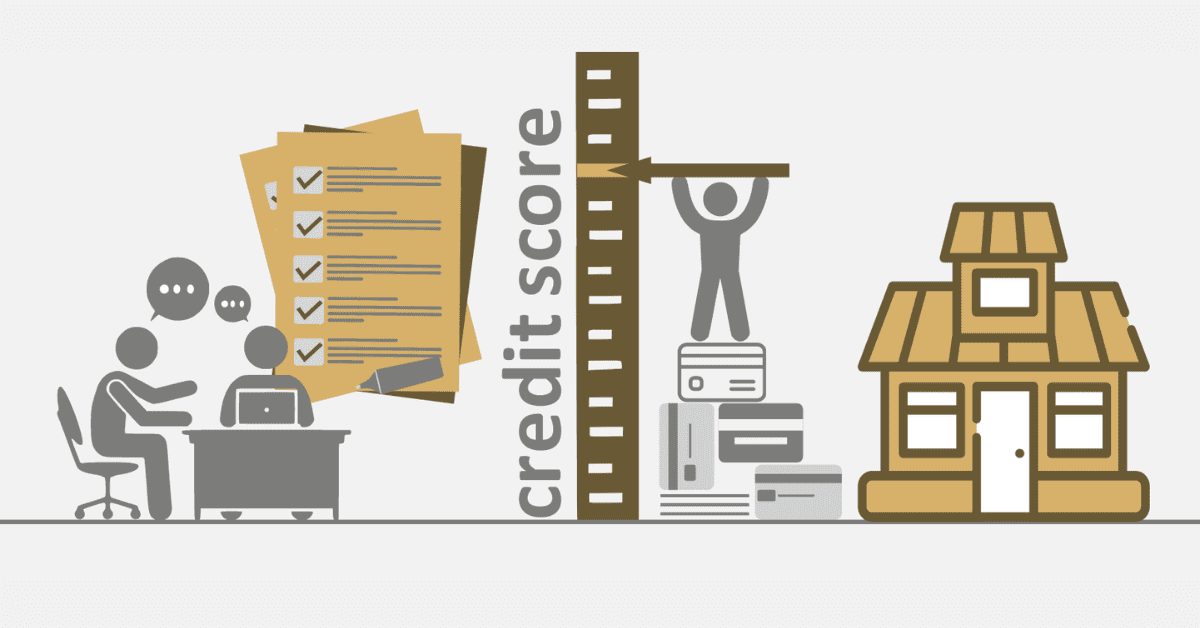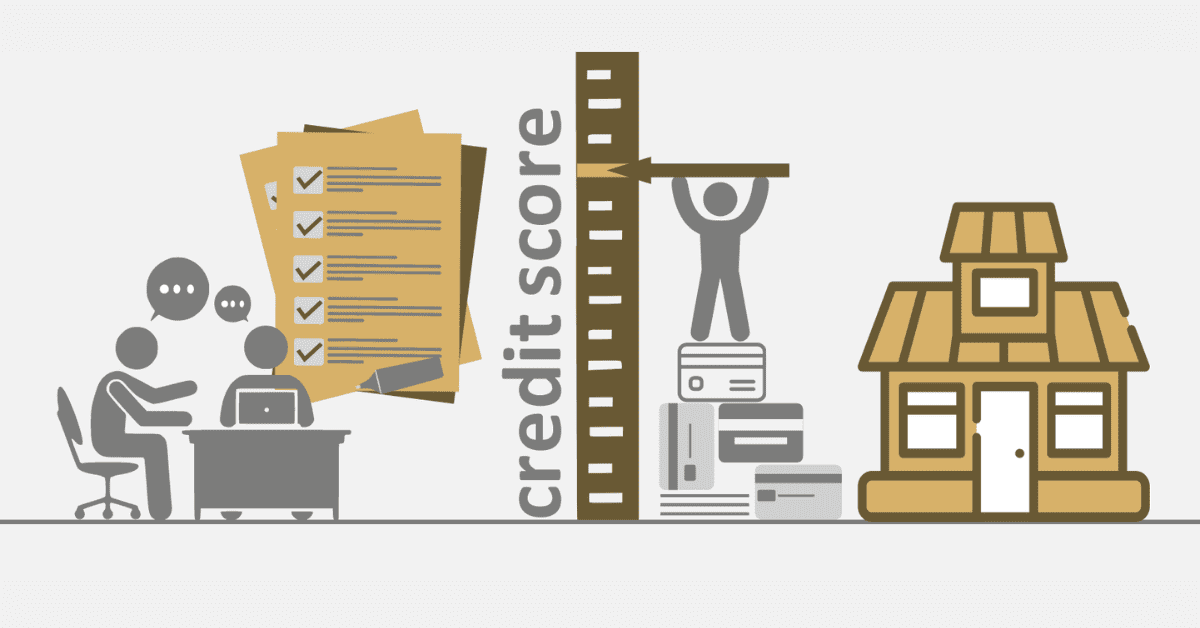You are trying hard to create a great credit record for yourself. You are also trying to do the right thing for your financial well-being and pay down your debt. Both of these are fantastic goals, and they seem like they should be aligned. Why, then, is your credit score dropping
Why Your Credit Scores May Drop After Paying Off Debt
It’s a common misconception that paying off debt always results in an immediate boost to your credit score. However, several factors can contribute to a temporary decline in your credit scores after you make a debt repayment. The main reason is the impact it has on your credit utilization ratio. Credit utilization means the percentage of your available credit that you’re currently using. For example, if you have a R10,000 available limit on a credit card, and have used R5,000 of that limit, you have a credit utilization of 50%. When you pay off a significant portion of your debt, your credit utilization ratio may decrease, which can initially cause a drop in your credit scores.
Paying down a credit line to zero will always cause a (temporary) drop, as will closing lines of credit. This affects factors like the length of your credit history and your credit mix as well as your credit utilization.
Why Did My Credit Score Drop After Taking Out A Loan?
Taking out a loan will also cause a (temporary) decrease in your credit score. There are several reasons for this. Firstly, applying for a new loan results in a ‘hard’ inquiry on your credit report, which can slightly lower your score. Additionally, the new loan adds to your overall debt load, increasing your credit utilization ratio and so impacting your score negatively. However, as you make timely payments and show responsible credit behavior, your credit score should gradually improve over time.
Why Would My Credit Score Go Down When Nothing Has Changed?
Even when you haven’t taken on new debt or made significant changes to your finances, your credit score will still fluctuate. There are a few reasons for this, including changes in the way credit agencies calculate your score, the updates to your credit report that result, and even the faint possibility of errors in reporting.
Mostly, credit scores go down because nothing has changed- you haven’t used your credit, your accounts are getting older but have no significant improvements or issues, payments are slowly reducing your debt load, and you are static in the eyes of the credit bureaus.
Remember, credit reports don’t track financial good behavior overall, only good credit behavior, and that includes using credit, albeit responsibly. Some good financial habits (like using less debt) will hurt your credit profile! Don’t worry about this too much, if you are otherwise well-positioned and have a strong credit report. It’s not a ‘problem’ per se, just a factor of what credit reports do.
How Long Does Debt Stay on Your Credit Report in South Africa?
In South Africa, different types of credit-based behavior will stay on your report for a fixed period, depending on exactly what that behavior is. Most ‘regular’ debt behavior, like payments (whether missed or on track), hard inquiries, and similar factors, will only impact your credit report for 1 to 2 years. However, some serious types of negative credit behavior, like defaults, will stay on your report for 5 years.
If you are currently under debt review/counseling, your report will be frozen until you exit it. This makes it seem like things are staying on your report longer, but remember that there are considerable benefits to getting help with your debt if you are struggling, and this will work out in your favor when you exit debt review with a cleaned-up credit report.
How Do I Stop My Credit Score From Dropping?
How do you stop your credit score from dropping? Firstly, remember that it is natural for your score to fluctuate slightly with time, and you can’t always address the issue. If you’ve noticed a very big drop, however, especially if you believe you have done nothing to trigger it, then you may need to pull a credit report from the bureau and check that all the information shown is accurate. If you notice a fraudulent entry or error, you can apply to the bureau directly to have it removed.
If you have recently applied for credit, whether successfully or not, remember that the hard inquiry from the lender will temporarily drop your score, too. This effect will pass with time. Also bear in mind the factors we mentioned above, regarding how paying off debt, reductions in your utilization ratio, and closing credit lines can all cause a temporary drop.
What can you do to start your credit score moving in the right direction again? Firstly, continue to make timely payments on all your debt, as payment history is a significant factor in your credit score. Consider diversifying your credit mix by using different types of credit responsibly, such as credit cards, loans, and retail accounts. Finally, practice responsible financial habits, like maintaining a low credit utilization ratio and avoiding unnecessary credit inquiries, to steadily rebuild your credit score over time.
